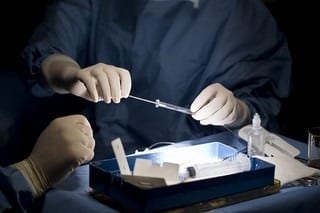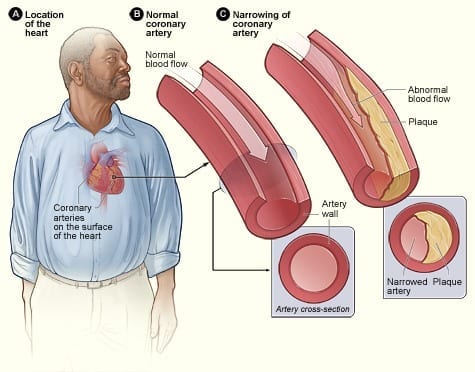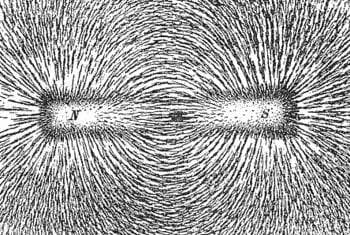
Dr James Chong says ‘very significant advance’ with macaque monkeys could soon be used to treat heart disease in humans
An Australian cardiologist has achieved what could prove a major breakthrough in treating heart disease, after working with US scientists to use human stem cells to regenerate the damaged hearts of monkeys.
A proof-of-principle study, published in Nature, showed that human embryonic stem cells boosted heart regeneration when transplanted into injured macaque hearts.
The findings represent the first time that scientists have been able to grow stem cell-derived heart muscle at a scale to treat large animals. The study was also successful in showing that the transplanted cells worked in tandem, rather than against, host tissue.
Previous work has shown that the human cardiac stem cells, known as cardiomyocytes, could be used on rodents. But the breakthrough with the macaque monkeys shows it could be feasible to use the same treatment in humans, albeit after several more years of research. More than 20,000 Australians die from heart failure each year.
Dr James Chong, a cardiologist at the Westmead Hospital and Sydney University lecturer, authored the research paper in collaboration with a University of Washington team, led by Charles Murry.
The researchers induced a heart attack in eight macaque monkeys by impeding the blood flow into the organ. Two weeks later, the stem cells were injected into the heart.
Over a period of three months, the hearts were shown to have regenerated dead tissue by up to 40% and achieved electromechanical coupling with the original host heart. However, it’s unclear from the study whether a full recovery would be possible via stem cell treatment.
The Latest on: Heart disease
[google_news title=”” keyword=”Heart disease” num_posts=”10″ blurb_length=”0″ show_thumb=”left”]
via Google News
The Latest on: Heart disease
- How Anger Could Raise Your Heart Riskson May 1, 2024 at 3:37 am
Feeling angry constricts blood vessels in unhealthy ways and could raise a person's long-term odds for heart disease, ...
- Anger has been linked to heart disease. A new study suggests why.on May 1, 2024 at 2:00 am
A study funded by the National Institutes of Health found a link between frequent anger and problems with blood vessels.
- Anger and Arteries: Surprising Link Uncovered by the American Heart Associationon May 1, 2024 at 2:00 am
Brief anger can temporarily impair blood vessel function, potentially heightening heart disease and stroke risks, finds new study in the Journal of the American Heart Association. When adults became ...
- What Are The 10 Causes Of Heart Disease?on May 1, 2024 at 12:00 am
Understanding and addressing the various causes of heart disease can help you reduce your risk of developing the condition ...
- Kansas City Go Red for Women event raises more than $1M for heart disease researchon April 30, 2024 at 10:00 pm
Go Red for Women is dedicated to educating and empowering women to take action to protect themselves from the threat of heart disease.
- Rare genetic condition may offer protection from heart diseaseon April 30, 2024 at 3:56 pm
A rare genetic condition, known as growth hormone receptor deficiency (GHRD) or Laron syndrome, may protect against cardiovascular disease.
- This Woman's Pregnancy Caused Her Heart Disease — Here's Everything You Need To Know About This Serious, Unpreventable Conditionon April 29, 2024 at 3:16 pm
"No one told me that the #1 cause of maternal mortality in the US is not only on the rise, but it is heart disease, specifically, cardiomyopathy or a weakened heart muscle. I never heard a word spoken ...
- Weight loss drug semaglutide shows promise in preventing heart diseaseon April 29, 2024 at 2:13 pm
Studies began to demonstrate its ability to aid in weight loss and improve the overall health of patients, including those without diabetes.
- The Simple Measurement You Can Use to Calculate Your Heart Disease Risk, According to Cardiologistson April 28, 2024 at 4:25 pm
Your waist-to-hip ratio is a comparison of your waist measurement (or circumference) and your hip measurement (or circumference). High ratios show there is more fat around the middle, which has been ...
- Study: Women with heart disease prescribed cholesterol-lowering drugs less often than menon April 25, 2024 at 6:14 am
Women with heart disease may be prescribed cholesterol-reducing statins less frequently than men, contravening recommended treatment guidelines, according to new research released Thursday.
via Bing News










